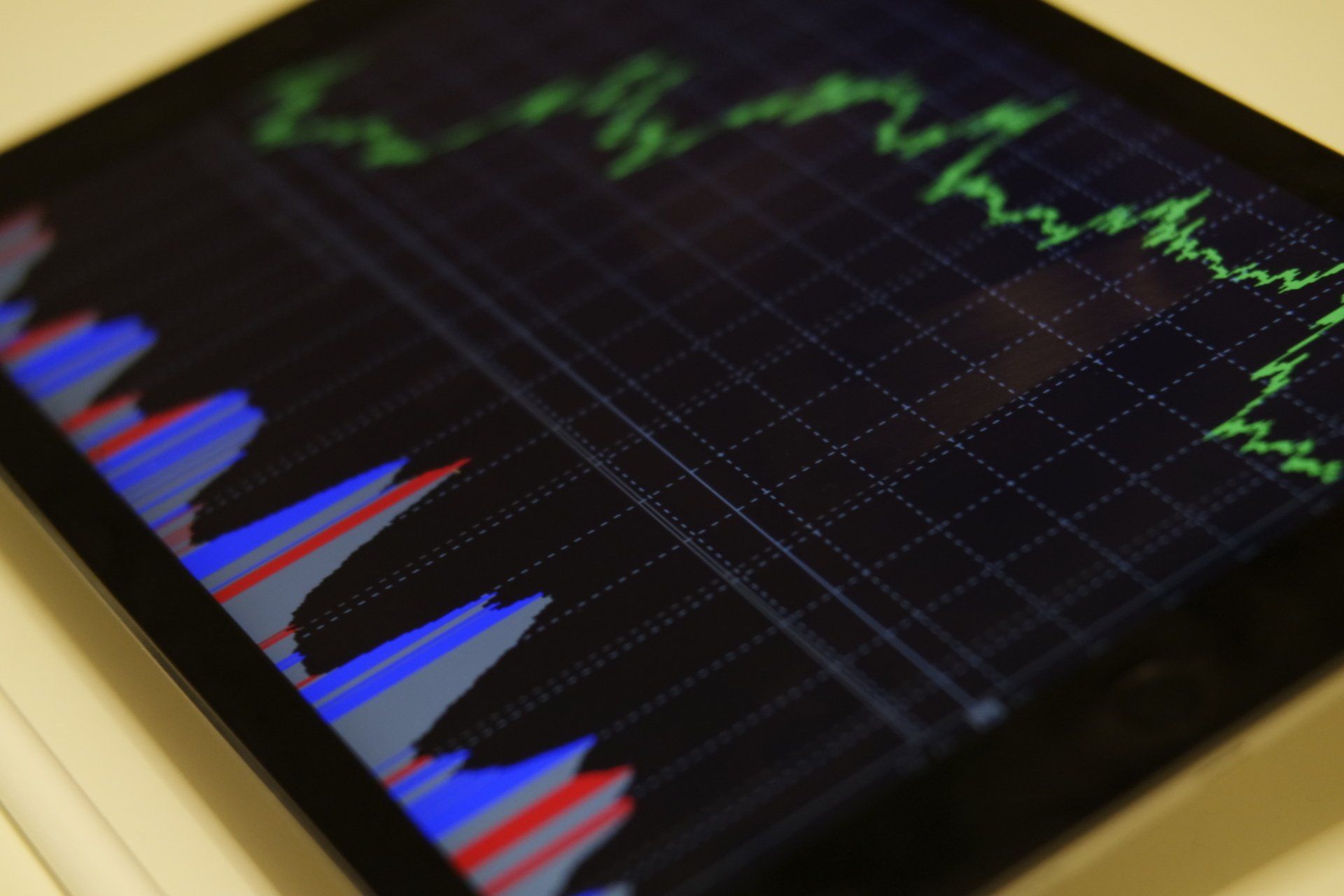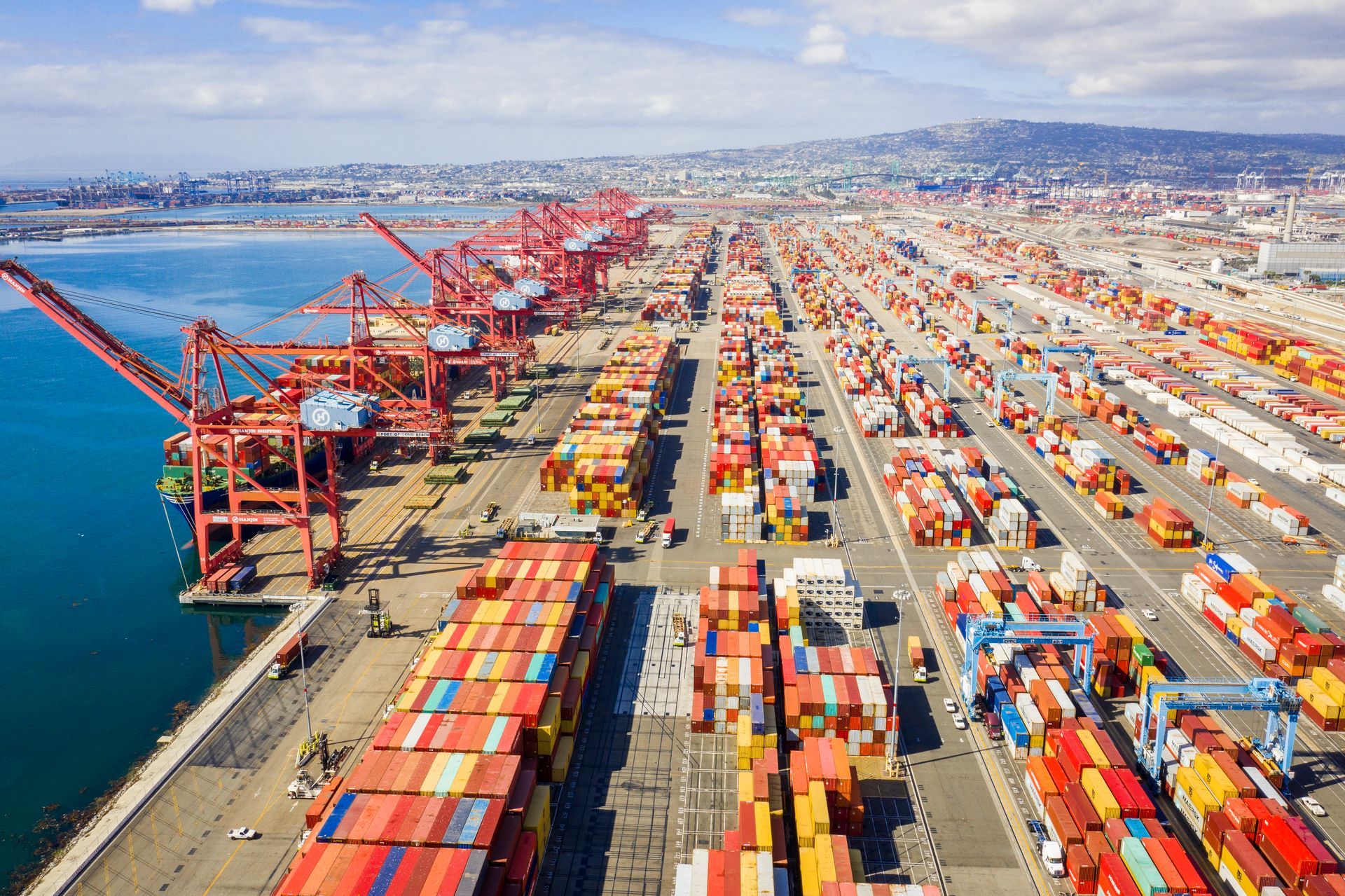The European Economy
Navigating Impacts on Supply Chains

The European economy plays a pivotal role on the global stage, and its current state has far-reaching implications for various industries, particularly supply chains. As Europe grapples with economic challenges, shifting trade policies, and geopolitical uncertainties, supply chains face significant disruptions and adaptations. In this blog, we will explore the current state of the European economy and how it affects supply chains, highlighting key factors that businesses must navigate to ensure resilience and continuity.
Economic Recovery Amidst the Pandemic
The COVID-19 pandemic has posed substantial challenges to the European economy. While the region has witnessed a gradual recovery, uncertainties persist. The uneven pace of vaccination campaigns, sporadic lockdown measures, and lingering consumer caution continue to impact economic growth and create supply chain disruptions. Industries such as tourism, hospitality, and retail have been particularly affected, leading to reduced consumer demand and altered trade patterns.
Trade Policies and Brexit
The implementation of new trade policies and the United Kingdom's withdrawal from the European Union (Brexit) have introduced additional complexities for supply chains. Trade barriers, customs regulations, and increased administrative burdens have impacted the flow of goods between the UK and the EU. Businesses are grappling with new compliance requirements, delays at borders, and uncertainty surrounding future trade relationships. These challenges have compelled companies to reassess their supply chain strategies, with some opting to relocate operations or establish alternative trade routes.
Geopolitical Factors
Geopolitical factors, including tensions between the EU and other global powers, have implications for European supply chains. Trade disputes, sanctions, and political instability can disrupt supply chain operations, affecting the availability and cost of goods. Businesses must remain vigilant and adapt to the evolving geopolitical landscape to mitigate risks and ensure continuity.
Shifts in Consumer Behavior
Changing consumer behaviors and preferences have a significant impact on supply chains. The pandemic has accelerated trends such as e-commerce, remote work, and sustainability consciousness. As consumers increasingly rely on online shopping, supply chains must adapt to meet the demands of last-mile delivery, efficient inventory management, and returns processing. Moreover, heightened environmental awareness necessitates sustainable supply chain practices, such as reducing carbon emissions and embracing circular economy principles.
Resilience and Diversification
The current state of the European economy underscores the importance of building resilient and diversified supply chains. Businesses are reevaluating their reliance on single-source suppliers and exploring alternative sourcing options. Strategic partnerships, enhanced visibility through digitalization, and robust risk management strategies are crucial for mitigating disruptions and maintaining a competitive edge. Additionally, investing in technological advancements, such as automation, artificial intelligence, and predictive analytics, can optimize supply chain efficiency and responsiveness.
Collaboration and Agility
In this complex economic landscape, collaboration among stakeholders within the supply chain ecosystem is paramount. Close coordination between manufacturers, suppliers, logistics providers, and retailers fosters agility and enables timely decision-making. Information sharing, joint forecasting, and contingency planning enhance the ability to respond swiftly to changing market dynamics and disruptions.
Conclusion
The European economy is currently navigating a challenging landscape, which has significant implications for supply chains. Businesses must adapt to changing trade policies, geopolitical factors, and consumer behavior while fostering resilience and diversification. By embracing collaborative approaches, investing in technology, and prioritizing risk management, companies can navigate these uncertainties and build robust supply chains capable of withstanding future disruptions. With proactive strategies in place, organizations can seize opportunities, maintain competitiveness, and thrive in the evolving European economic environment.



